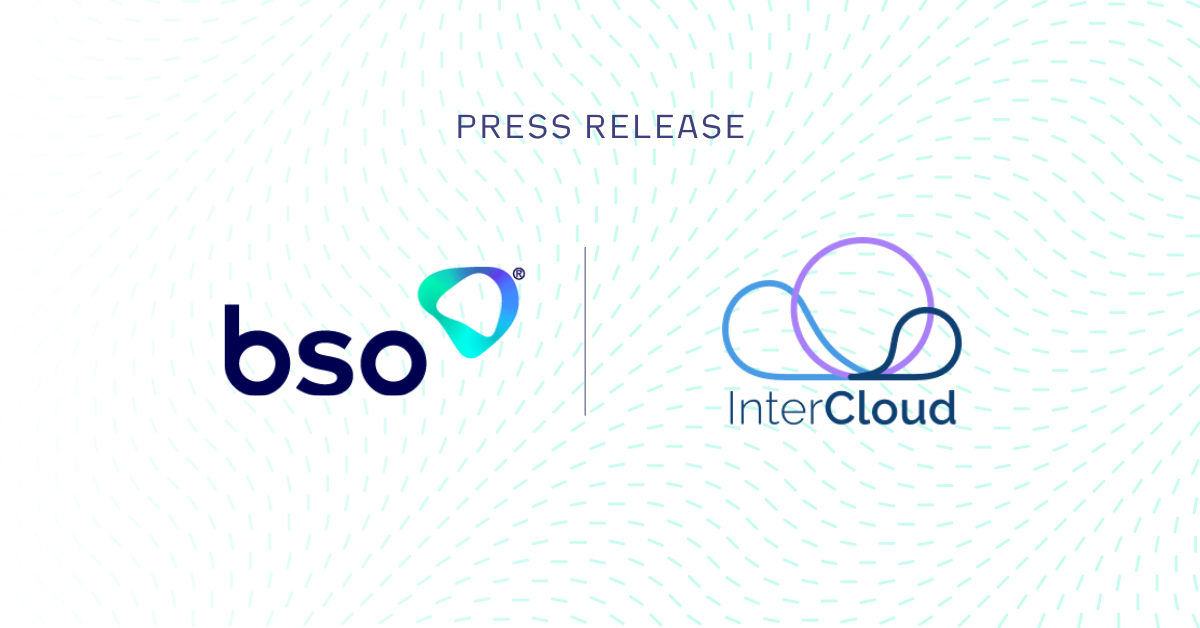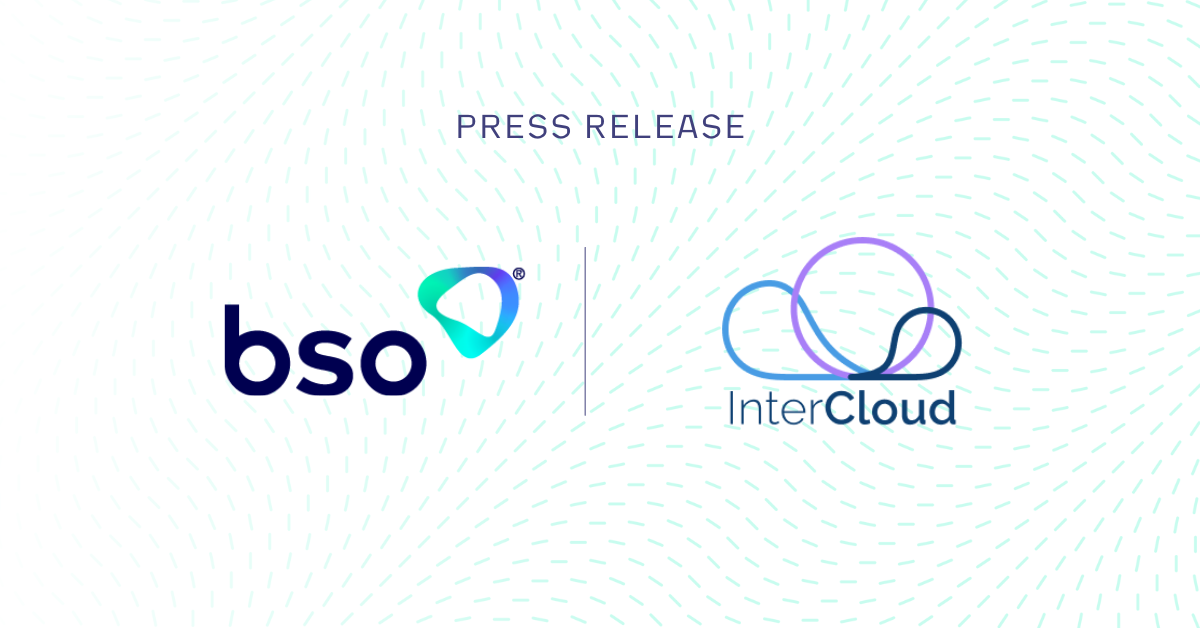
FinTech companies use a variety of software applications and modern IT infrastructure to process data, manage transactions, and provide vital real-time services to customers. However, as these applications grow in complexity and geographic distribution (while remaining subject to strict security and compliance measures), it can become increasingly difficult to manage and scale them manually. Kubernetes deployed on the cloud has become a popular choice for managing FinTech software applications, thanks to its ability to automate deployment and scaling.
In this article, we take a closer look at Kubernetes cloud software and its importance in FinTech, before breaking down the Kubernetes offerings from each major cloud provider and the factors you need to consider when choosing a provider for your own Kubernetes cloud deployments.
What is Kubernetes?
Kubernetes is an open-source orchestration software developed by Google for deploying and managing containers at scale. Also known as “K8,” it groups the containers that make up an application into logical units for better management and discovery.
A scalable infrastructure is crucial for growing companies, especially banks and FinTech service providers because it enables them to react with speed and agility to shifting market requirements. As user numbers grow, it can put pressure on IT performance. Using a container orchestration platform like Kubernetes can ease this pressure by making a large number of containers available quickly, keeping IT performance stable even during times of high demand.
Today, the project is maintained by the Cloud Native Computing Foundation (CNCF) and is widely used in eCommerce, Media, and FinTech tech stacks, among others.
The Importance of Kubernetes in FinTech
Kubernetes has become critical in the Financial Services sector in recent years. Many companies are restricted by managing rigid legacy IT systems, on-premise infrastructure, and in-house customised code, scripts, and ad-hoc tools, limiting their capacity to keep up with a fast-paced, ever-changing market.
By using K8 and containerisation, FinTech companies can seamlessly meet soaring consumer demand through real-time customisation, scale almost instantly, and respond to complex and evolving security challenges.
Speaking of security, a vitally important consideration in the FinTech space, Kubernetes can be used to enforce strict access controls and network policies, helping to ensure that only authorised users can access resources. Furthermore, built-in tools can be used for monitoring and logging, helping you identify and respond to potentially damaging security threats quickly.
Choosing a Cloud Provider for Kubernetes Deployments
There are several factors that FinTech companies must consider when selecting a cloud provider for Kubernetes deployments, including budget, scalability, and security and compliance.
1. Cost Considerations
All three major cloud providers offer standard Kubernetes services at $0.10 per cluster per hour. However, resource allocation and scaling strategies can impact the total cost (the more you use, the more it can cost). When exploring the costs of plans offered by cloud hosting companies, we recommend looking for:
-
A clear and easy-to-understand breakdown of prices with no hidden fees
-
Easy scalability and stoppage of services, as required
-
Flexible billing that can be adjusted to ensure your requirements are covered
2. Scalability
If your goal is to expand your customer base and grow beyond your geographical borders, then scalability is non-negotiable. Think about how your network might change over the next two to five years and examine the networking capabilities of the leading cloud providers. Will you be locked into one ecosystem, or do you have the flexibility to move to another?
With solutions like BSO’s Kubernetes managed services, you can partition your applications and systems and easily scale individual components without affecting the entire architecture.
3. Security and Compliance
FinTech businesses operate in an increasingly strict and complex regulatory environment. Ensuring your cloud provider complies with industry-recognised compliance frameworks and standards is critical. Look for evidence of appropriate licences (especially ISO 27001), and check if they’re DMTF, RDS CAL and PCI DSS compliant.
And where security is concerned, safeguarding your customers’ personal and financial data is not only a key regulatory obligation but also vital to your business’ reputation. When assessing a cloud provider’s security features to ensure these align with your own, look for the following:
-
Certified firewalls
-
Multilayer security
-
Multi-factor authentication
-
Data encryption for both data in transit and data at rest
-
Intrusion/threat detection and prevention
-
Access and identify control management
Summary
Kubernetes and containerisation offer a host of capabilities that can streamline and optimise processes for FinTechs and Financial Services companies, but choosing the right Kubernetes cloud provider for your needs is key.
Whether it’s Azure, AWS, Google Cloud, or another vendor, your cloud provider should be able to seamlessly scale resources to match your growth patterns and demands, while effortlessly meeting compliance requirements like data residency and industry-specific regulations. When it comes to budget, the pricing model of your provider of choice should offer the best value for your specific usage patterns.
Choosing the right cloud provider for your Kubernetes deployment is paramount, as a well-aligned provider will facilitate a smooth and cost-effective transition to Kubernetes, enabling your business to focus on innovation and core business objectives.
Kubernetes is not easy, so having a fully managed solution is highly recommended. However, there are not many providers who can offer fully managed Kubernetes solutions. At BSO, we can support you at every step, from deployment and monitoring to ongoing technical and strategic support.
Enabling smooth Kubernetes deployment with BSO
With an unparalleled global network infrastructure spanning over 40 cloud on-ramps, 33 countries and 240 points of presence, BSO is an infrastructure and connectivity provider of choice for many businesses.
Our clients benefit from:
-
Our 99.99% network availability
-
A fully managed Kubernetes service that works on any cloud platform
-
Flexible support plans that ensure you have all the resources you need to succeed
-
24/7 Managed Services for ongoing hardware monitoring and project management
-
Competitive, transparent pricing is presented upfront
If you’d like to explore how our Kubernetes cloud provider know-how can power your financial business performance, contact our experts. Or, if you want to learn more about choosing the right cloud solution for your business, download our Ultimate Cloud Services Comparison Guide.
ABOUT BSO
The company was founded in 2004 and serves the world’s largest financial institutions. BSO is a global pioneering infrastructure and connectivity provider, helping over 600 data-intensive businesses across diverse markets, including financial services, technology, energy, e-commerce, media and others. BSO owns and provides mission-critical infrastructure, including network connectivity, cloud solutions, managed services and hosting, that are specific and dedicated to each customer served.
The company’s network comprises 240+ PoPs across 33 markets, 50+ cloud on-ramps, is integrated with all major public cloud providers and connects to 75+ on-net internet exchanges and 30+ stock exchanges. The team of experts works closely with customers in order to create solutions that meet the detailed and specific needs of their business, providing the latency, resilience and security they need regardless of location.
BSO is headquartered in Ireland, and has 11 offices across the globe, including London, New York, Paris, Dubai, Hong Kong and Singapore. Access our website and find out more information: www.bso.co
SALES ENQUIRY
Get in touch now. Find out how we can transform your business_
You might be interested in_
THE BSO DIFFERENCE
The industries we work across_





/Revolutionising-Connectivity%20BSOs-Tailored-Cloud-Solution-for-CryptoStruct-GmbH.png?width=1050&height=550&name=Revolutionising-Connectivity%20BSOs-Tailored-Cloud-Solution-for-CryptoStruct-GmbH.png)
/6%20Cloud%20Best%20Practices%20for%20Financial%20Technology%20Companies.jpg?width=1200&height=600&name=6%20Cloud%20Best%20Practices%20for%20Financial%20Technology%20Companies.jpg)









